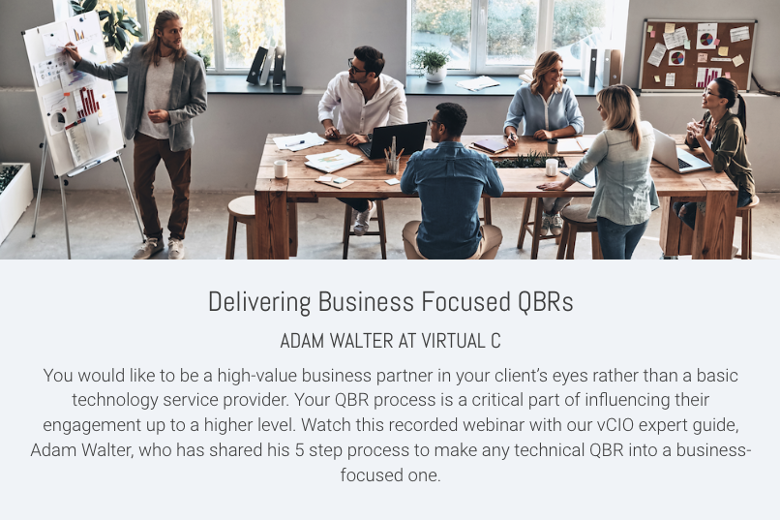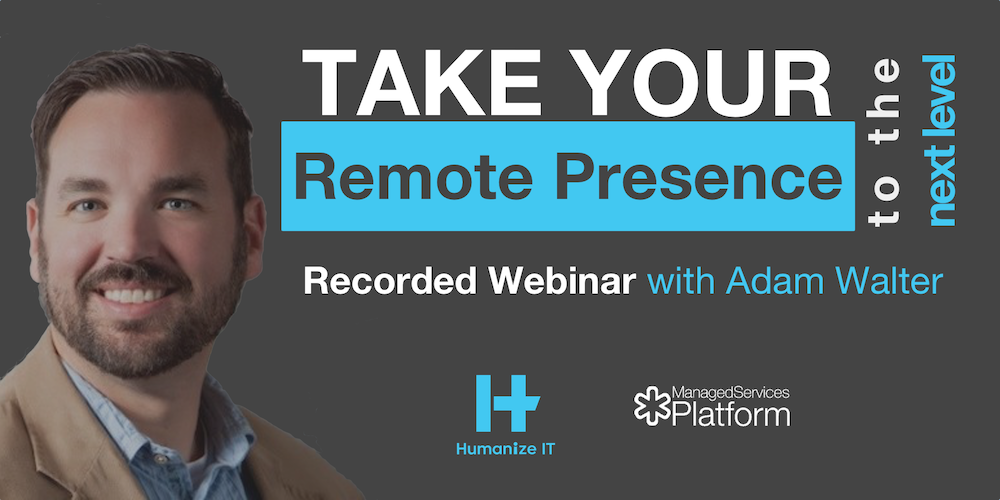
.jpg)
For those of us who have been in technology for a while, we have seen some pretty crazy setups from well-meaning people. Largely this is because we have very smart capable people trying to work in environments with limited knowledge. Most were trying their hardest but just didn’t know any better.
Some of the crazy things I saw back in the day were “vlans” that were actually just subnets, firewalls with giant holes in the ruleset, and unrestricted VPNs that were completely insecure. These mistakes were not made by lazy admins, they were made by well-intentioned technicians that didn’t know they were doing anything wrong. All they knew was that things were working smoothly.
But how do we know when we are doing something incorrectly?
This is how it works in the technical industry, new items come out so often that we do our best to learn what we can. Most of us will reach out when something isn't working. Google is always there. We can also hire a consultant who specializes to review our work and can show us the ropes. But how do we know when we are doing something incorrectly? After all ‘Any-Any’ firewall rules will get the job done right?
The same problem exists within vCIO programs and QBR delivery. How would you know if you are doing them wrong? Are you assuming things are going well just because your client is present and getting details? If this is the case then it is very much like putting an Any-Any firewall rule in place. Sure it will work, but what happens when your client experiences the right way?
There is definitely a ‘right’ way to deliver a vCIO program and definitely a ‘right’ way to deliver business-focused QBRs. We have many stories of MSPs who lose customers when the customer sees a better way and realizes what they have been missing.
The best way I can think to help you identify whether or not you are running quality QBRs is to compare and contrast a tactical vs a business-focused QBR. Tactical QBRs are very useful when talking to technical professionals, business QBRs are best suited for talking to...yes you guessed it...business professionals. Let's take a look at a QBR delivery by a vCIO. The first situation will focus on a tactical delivery and the other will focus on the business.
Tactical QBR:
MSP R Us comes in to deliver a review of their activities for the quarter. They do a fantastic job of showing the customer how many tickets were processed and give them progress reports on the firewall upgrade. There is even a review of the new features the firewall offers. The customer is happy with the progress on the upgrade and they can see that tickets are being handled in an appropriate amount of time.
Business-focused QBR
MSP R Us comes in to deliver their review of activities for the quarter. However, they do not talk about tickets or the firewall upgrade. Instead, they talk through how the business is doing and review major business objectives from the previous quarter. It is brought up that last quarter the training team was having issues sharing videos with clients and hosting webcasts so a firewall project was started to stabilize the connection. The conversation centers around how things are going with the training team and if they are meeting their goals now. It turns out the upgrade has helped significantly.
They have noticed though that while the streaming has stabilized, they are not getting high resolution and would like to know if someone could help them out. The vCIO notes the request for the coming quarter as a project and will open a ticket.
The conversation continues with any other areas of business that need to be addressed in the next quarter. The client states that they have an big product release coming up and are feeling anxious. The vCIO also notes this and creates a change freeze during that time to ensure that disruptions to workflow are minimal.
Review
In either situation, nothing was done “wrong” persay but you can see the business-focused QBR was much more fluid and quite a bit more information was gathered about how to help the client.
Most MSPs will run tactical QBRs because it is familiar and sticks to their wheelhouse. However, they are missing out on a big piece of customer experience. They are also missing out on valuable insights as to upcoming projects and whether or not project delivery is meeting business goals.
The question is, how do you get your QBRs to be less tactical and more business-focused? The good news is, with focus and hard work you can build this. The bad news is that just like learning appropriate firewall design it is a bit of a process. You need a few pieces:
- An annual framework for delivery where you have created a relationship with your client.
- A continuous feedback loop for business objectives.
- Give your staff the confidence to lead non-technical conversations.
You can create this process with hard work, or you can also hire a consulting/coaching agency to come in and develop the process and employees.
The one thing we know is that if you do not start delivering business-focused QBRs someone else will. So the real question you need to ask is:
Do you want to be the MSP clients switch FROM,
or do you want to be the MSP clients switch TO?



